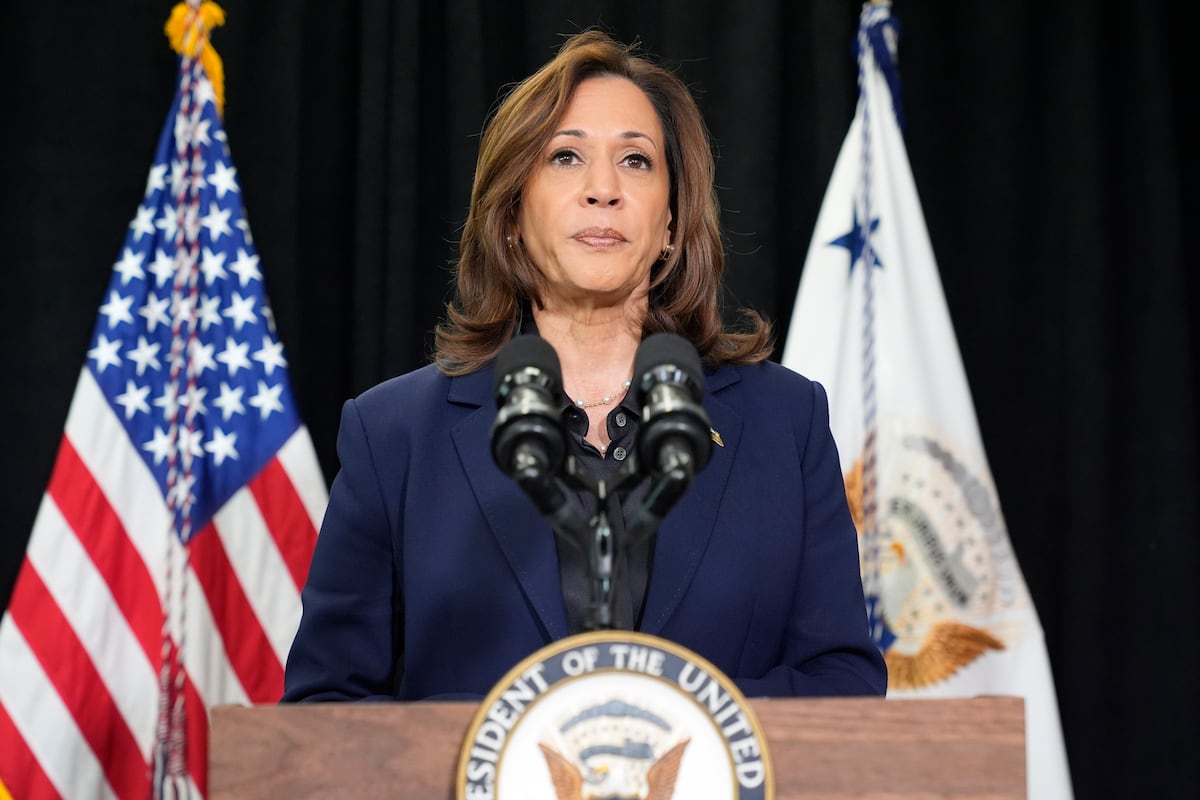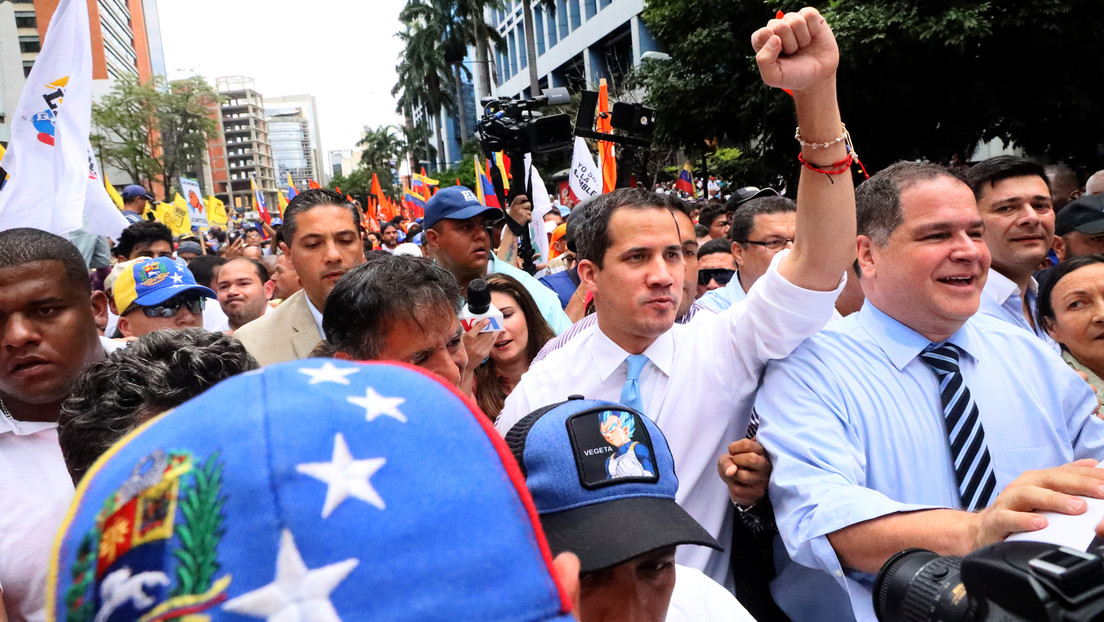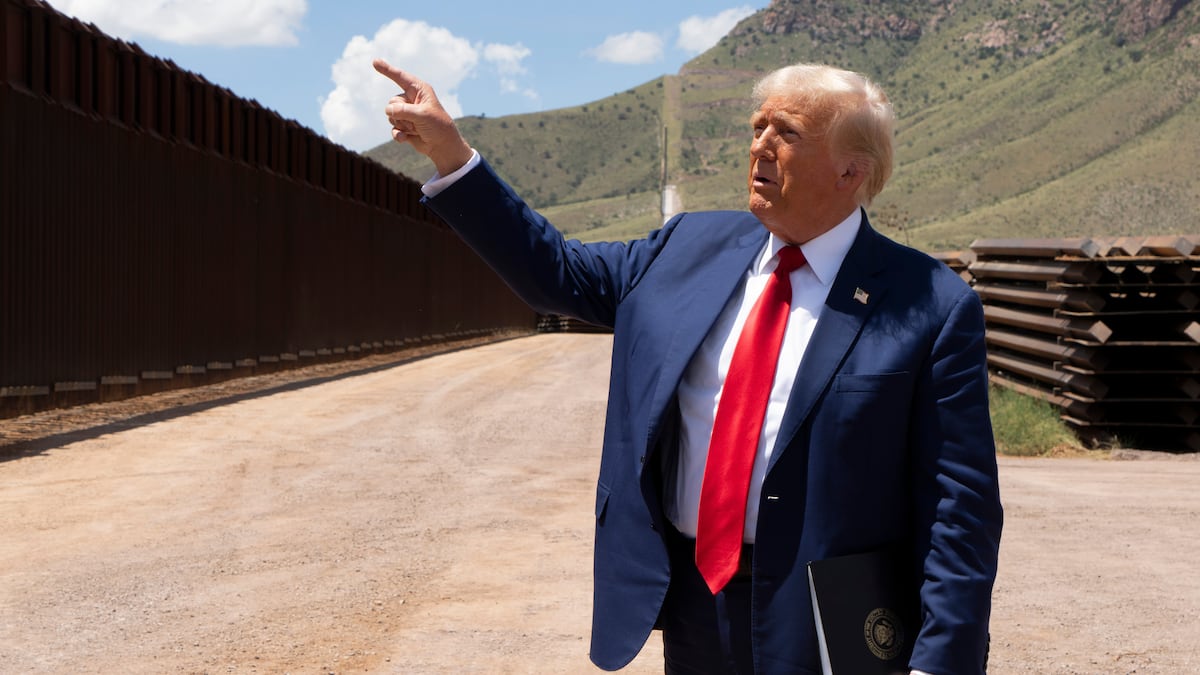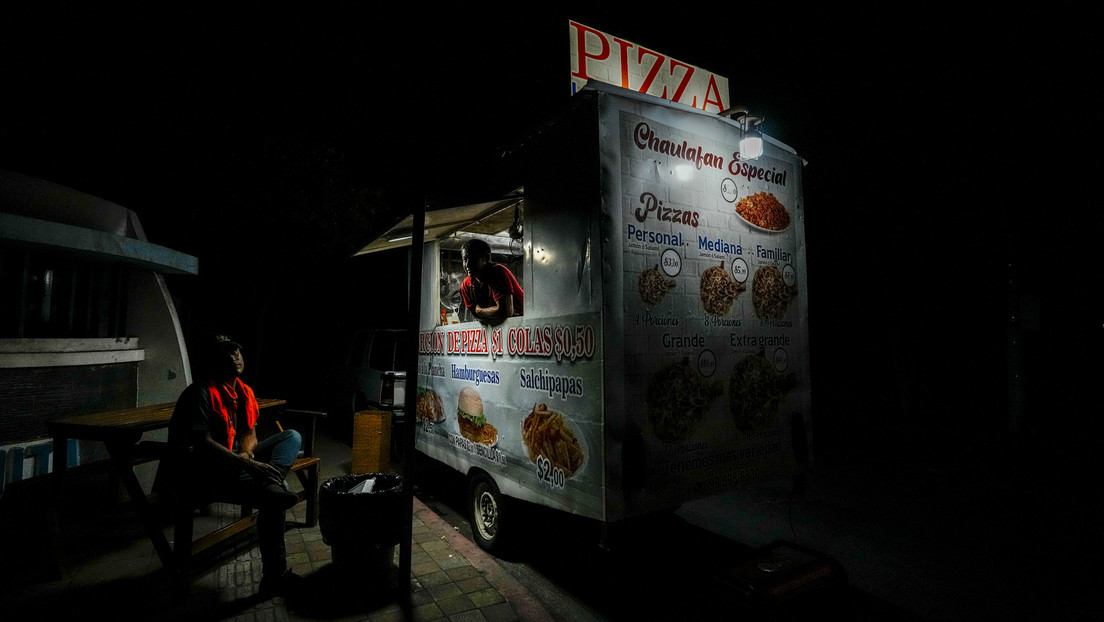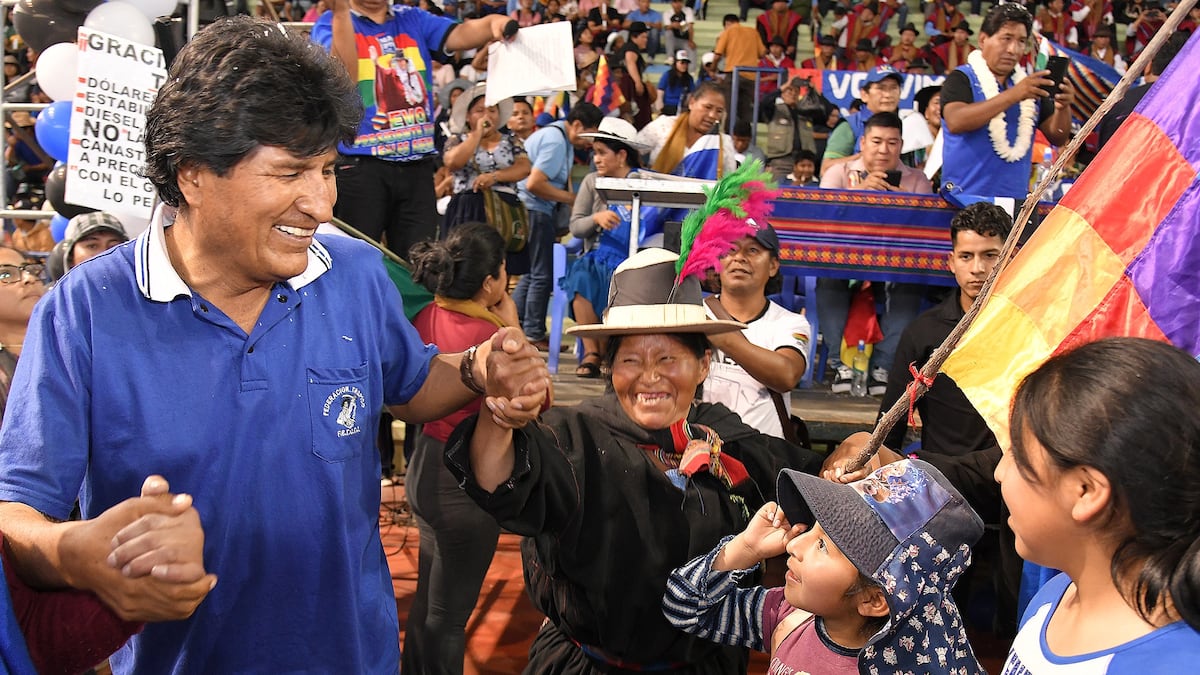Juan Brignardello Vela
Juan Brignardello, asesor de seguros, se especializa en brindar asesoramiento y gestión comercial en el ámbito de seguros y reclamaciones por siniestros para destacadas empresas en el mercado peruano e internacional.




The recent exchange of statements between the Venezuelan government and the Joe Biden administration has triggered a new wave of diplomatic tensions. In a statement, the Venezuelan Foreign Ministry denounced that the United States aims to resume what they have termed "the failed Guaidó plan." This assertion comes in response to remarks by U.S. Secretary of State Antony Blinken, who expressed that his goal is to ensure that the will and votes of the Venezuelan people are respected following the elections on July 28, where Nicolás Maduro was reelected. The Venezuelan government, for its part, has responded vehemently, labeling Blinken a "charlatan in the service of infamous lobbyists." This rhetoric is situated within a context where relations between the two countries have been strained for years, especially after Juan Guaidó's self-proclamation as interim president in 2019, which was backed by the United States and several countries in the region. The Maduro administration has consistently rejected any external interference, interpreting Blinken's words as an attempt to undermine Venezuelan sovereignty. In its statement, the Venezuelan Ministry of Foreign Affairs refers to Blinken as someone who is "stuck in a false and monotonous narrative." This term suggests that the Venezuelan government believes that the criticisms and concerns expressed by the United States are unfounded and do not reflect the reality of the country. Furthermore, the statement adds that Blinken shows complicity with "the violent far-right extremists," an implicit reference to opposition sectors that have sought to overthrow Maduro. One of the most controversial points mentioned by Blinken was the exclusion of former opposition lawmaker María Corina Machado from the elections. The Secretary of State argued that her disqualification was "arbitrary," an accusation that Caracas refutes by recalling that it was the Venezuelan Comptroller's Office that made that decision, based on legal criteria. Such disagreements highlight the deep divisions between the Venezuelan government and the opposition, as well as between Venezuela and the United States. In the statement, the Venezuelan government also emphasizes that Maduro's victory in the elections was an "exemplary repudiation of the aggressions" coming from the United States. This focus on the narrative of resistance to foreign interference is a common strategy in official rhetoric, which seeks to consolidate popular support amid international criticism and economic pressure. From Caracas' perspective, Washington's reaction is nothing more than a continuation of a policy of intervention that has characterized the bilateral relationship. The reference to "the failed Guaidó plan" implies that, despite the international support the opposition figure received in his attempt to take power, his efforts did not succeed in destabilizing Maduro's government. Tensions between the two countries have intensified in recent years, particularly following the economic sanctions imposed by the United States, which have significantly affected the Venezuelan economy. These obstacles have led Maduro to seek allies in other parts of the world, particularly in Russia and China, as a way to counteract U.S. pressure. Meanwhile, the international community is closely watching the development of this situation. The belligerent rhetoric from both sides could affect not only bilateral relations but also the future of the opposition in Venezuela and its ability to engage in meaningful dialogue with the government. In this context, the political future of Venezuela remains uncertain. The upcoming decisions made by Maduro's government and the opposition's response, as well as the stance of the United States, will be determining factors in the direction the country will take in the coming months. The situation is complex and requires careful analysis, in a scenario where geopolitical interests and democratic aspirations appear to intertwine in complicated ways.
Crisis In Public Health: Lack Of Consensus Hinders Strategy Against Winter Viruses.
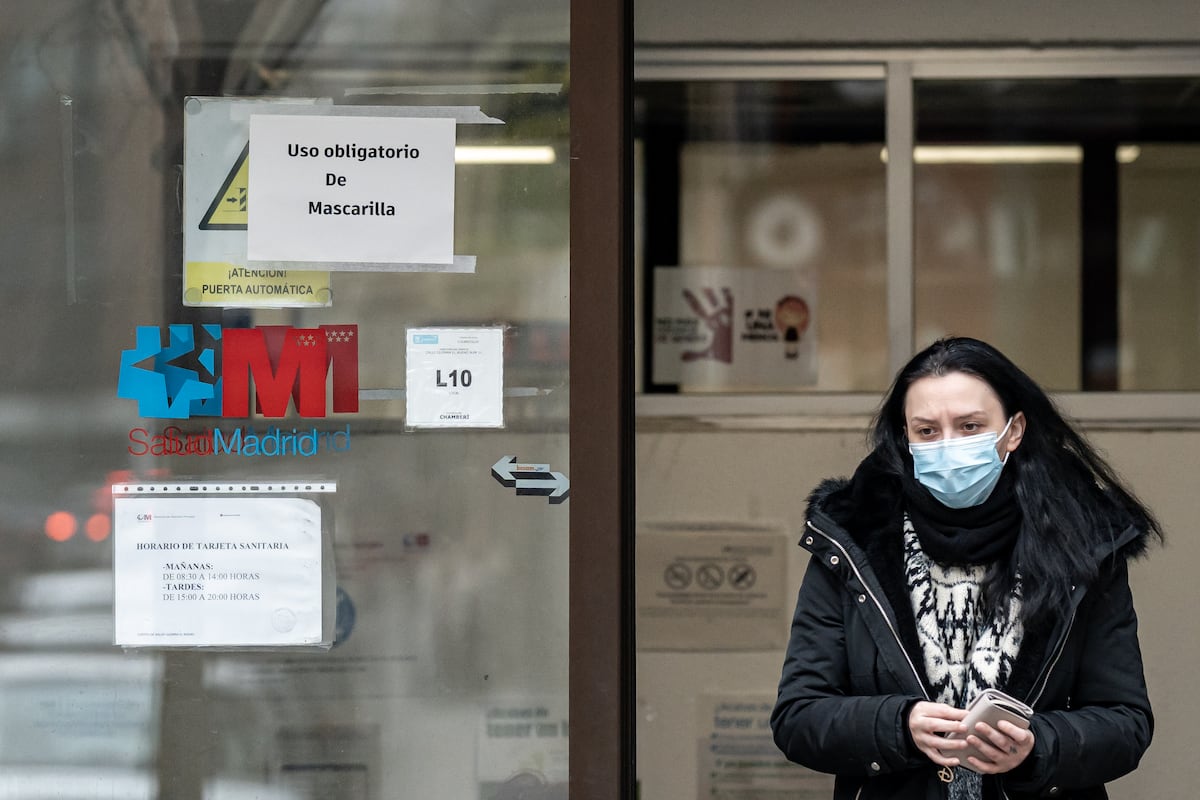
Impact Of Infrastructure Projects On The Peruvian Real Estate Market

Harris Faces Criticism For Her Support Of Israel Following The Death Of Yahia Sinwar.
